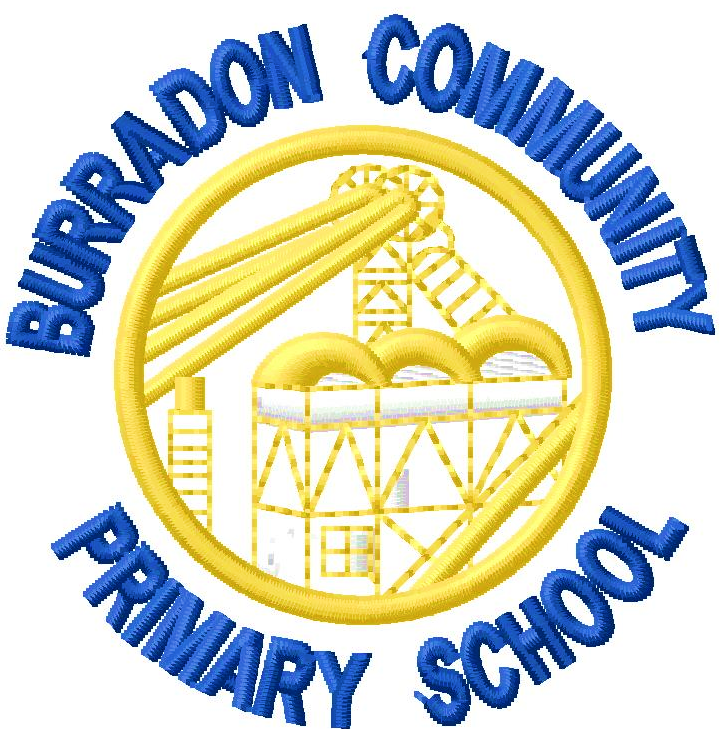Science
Rationale:
Science at Burradon Community Primary School takes its aim from our core values:
Be curious about the world around you, ask questions and investigate.
Care and respect yourself, other people, our school and the wider world.
Intent:
Our aims in teaching science are to:
- Prepare our children for life in an increasingly scientific and technological world
- Increase children's indepedence in their science learning and working scientifically skills
- Help our children develop their understanding of working scientifically
- Foster concern about, and active care for, our environment
- Raise aspirations and awareness of science related careers
- Lay the foundations for future learning
Implementation: Teaching and Learning
Science at Burradon is taught across KS1 and KS2 in the form of discrete topics covering Biology, Chemistry and Physics. In Early Years Science forms part of the Understanding the World strand of the curriculum, in which children have the opportunity to explore and interact with the world around them.
All science topics allow opportunities for pupils to work scientifically by making predictions, concluding their findings, observing, pattern seeking, researching and identifying, classifying and grouping.
We encourage our children to be confident and curious learners who can question and understand the world around them. We do this by:
- Exploring science with all children on a weekly basis, with topics drawn from the National Curriculum guidance
- Nurturing pupils’ natural curiosity by discussing what they want to learn at the start of each new topic and building learning opportunities from there
- Embedding practical investigations in lessons to develop transferable scientific skills
- Allowing opportunities for problem solving, peer discussion and learning
- Working closely with external agencies, such as NUSTEM, to raise awareness of Science careers
- Making science lessons enjoyable and engaging
We use a wide range of teaching and learning methods in science lessons. Our teaching methods include whole class demonstration, group work, paired work and individual work. We recognise that in most areas of science, children learn best from hands on experience through exploration and investigation, so many opportunities are given for children to learn in this way.
What do our children think of Science?
EYFS: "We used our noses to guess the smell of Playdough"
Year 1: "I love Science. We have been learning about fish, reptiles, birds, amphibians and mammals"
Year 2: "Science is when we explore the world around us. We observe, research, group and fairly test"
Year 3: "I enjoy Science because we have been learning about skeletons and muscles. We have been drawing diagrams in our books"
Year 4: "I like doing Science, I have learnt that a sound is a vibration that travels into our ears"
Year 5: "I enjoy experimenting and investigating to learn new things. I like using different skills"
Year 6: "Science is fun. We have learnt about Evolution in our Science lessons"
Science games and experiments
The children's university of Manchester
